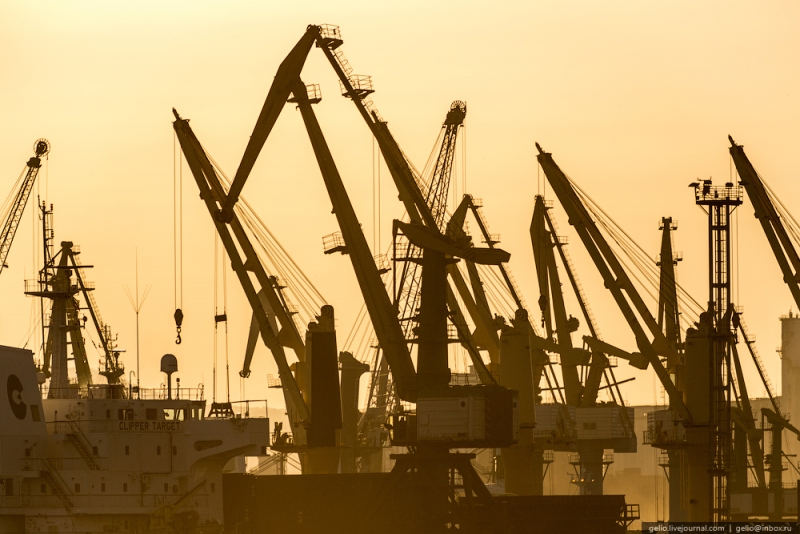
In January-July 2022, seaports of Russia handled 482 million tonnes of cargo, down 0.2%, year-on-year, says the Federal Marine and River Transport Agency (Rosmorrechflot).
In the reported period, handling of dry cargo totaled 226.8 million tonnes (-5.1%), liquid bulk cargo – 256.2 million tonnes (+4.5%).
Throughput of seaports in the Arctic Basin rose by 3.3% to 56.5 million tonnes including 15.6 million tonnes of dry bulk cargo (-4.1%) and 40.9 million tonnes of liquid bulk cargo (+6.4%).
Throughput of seaports in the Baltic Basin declined by 0.6% to 143.6 million tonnes including 56.3 million tonnes of dry bulk cargo (-7.1%) and 87.3 million tonnes of liquid bulk cargo (+14.1%).
Throughput of seaports in the Azov-Don Basin totaled 147.6 million tonnes (+0.3%) including 64.3 million tonnes of dry bulk cargo (+1.2%) and 83.3 million tonnes of liquid bulk cargo (-0.5%).
Throughput of seaports in the Casppian Basin totaled 3.1 million tonnes (-27.5%). Handling of liquid bulk cargo fell by 40.1% to 1.4 million tonnes, dry bulk cargo – by 3.5% to 1.4 million tonnes.
Throughput of seaports in the Far East Basin totaled 131.2 million tonnes (-0.9%) including 88.2 million tonnes of dry bulk cargo (-0.5%) and 43 million tonnes of liquid bulk cargo (-1.5%).
Rosmorrechflot refers to the monthly report of the International Energy Agency (IEA) according to which throughput of Russian ports in January-July 2022 confirm the recovery of global oil output and supply. According to the agency, the world oil supply reached a post-pandemic peak in July after some regions rebounded from scheduled upstream repairs and some ramped up output in line with its OPEC+ pact. IEA says world oil supply hit a post-pandemic high of 100.5 mb/d in July.
Related link:
Throughput of Russian seaports in H1’2022 declined by 0.5% YoY to 410 million tonnes >>>>



